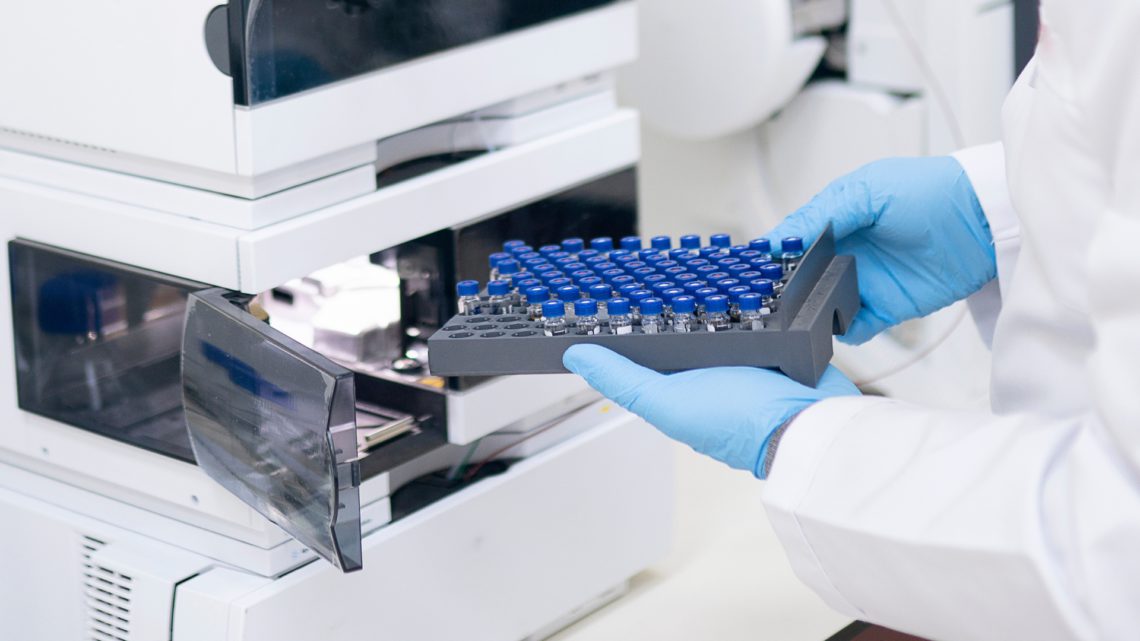
The St. Kitts and Nevis Bureau of Standards (SKNBS) has reached a significant milestone in its testing capacity with the acquisition of a Gas Chromatograph Mass Spectrometer (GCMS) funded by a grant from the Caribbean Development Bank (CDB). This advanced machine is set to revolutionize the Bureau’s laboratory capabilities, particularly in confirming residual limits in fresh and packaged foods and water sources.
The GCMS technology enables precise detection of various contaminants in food and water, including pesticides, herbicides, aflatoxins, and more. With the implementation of this equipment, the Bureau can now ensure that consumables adhere to strict safety standards, promoting public health and well-being.
Presently, there are regulations governing the levels of contaminants permissible in packaged foods and bottled water. The Bureau’s inspectors will play a crucial role in monitoring both local and imported products to ensure compliance with these standards. This proactive approach aims to safeguard consumers by maintaining acceptable tolerances for contaminants in the food supply chain.
Moreover, the acquisition of the GCMS machine holds significant implications for several sectors, including agro-processing and the burgeoning Cannabis industry. Agro-processors stand to benefit from enhanced testing capabilities, ensuring the quality and safety of their products before reaching the market. Similarly, with the impending legalisation of cannabis, the SKNBS is poised to provide vital testing services to ensure the safety and integrity of cannabis-based products.
Commenting on this milestone, the Director of the Bureau, Mr. Stuart LaPlace, emphasized the importance of investing in cutting-edge technology to uphold standards and protect public health. “The addition of the GCMS machine marks a pivotal moment for the SKNBS, allowing us to strengthen our monitoring and enforcement efforts in safeguarding consumer interests,” he stated.
The SKNBS’ commitment to enhancing testing capabilities underscores its dedication to promoting quality assurance and consumer protection in St. Kitts and Nevis. With the support of strategic partnerships and advancements in technology, the Bureau continues to play a vital role in ensuring the safety and integrity of the nation’s food and water supply.
-End-
